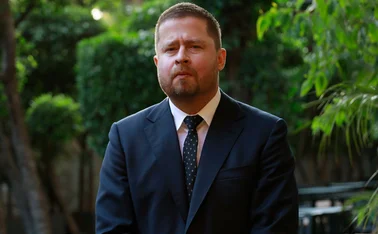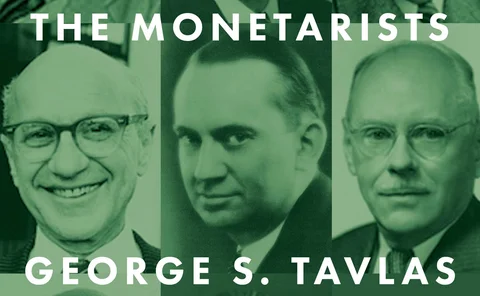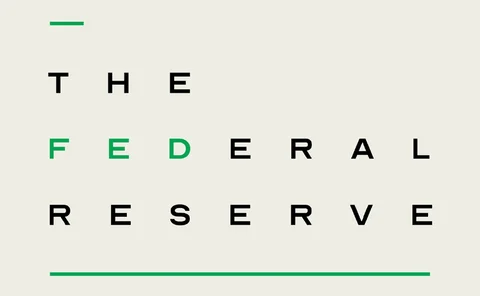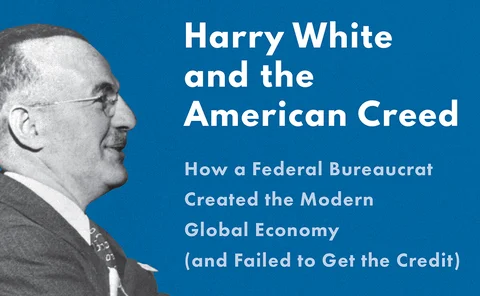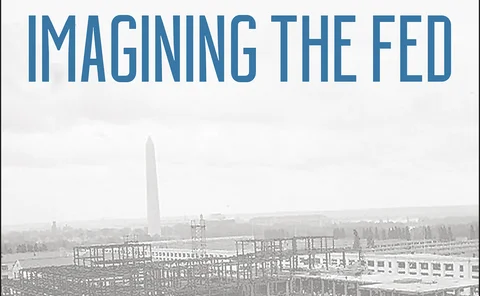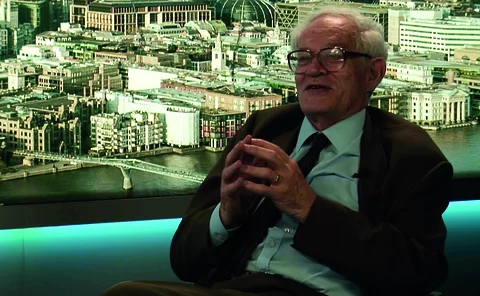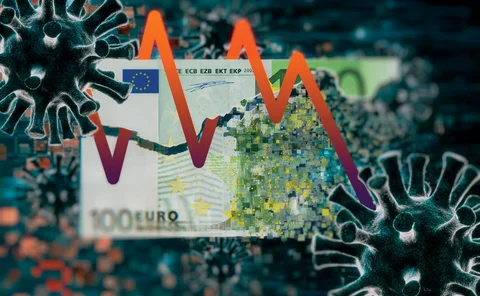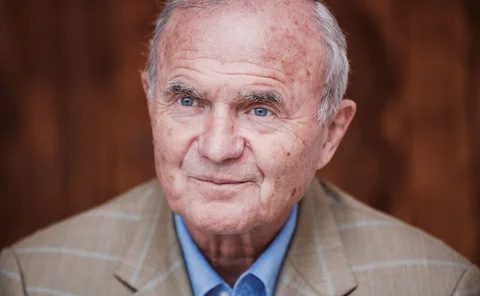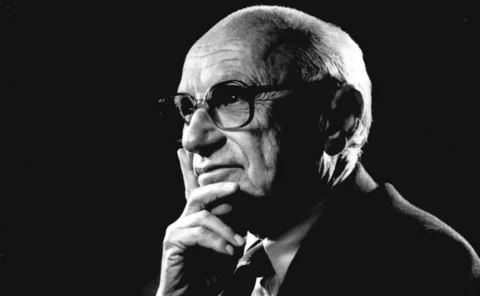Milton Friedman
CNB’s Aleš Michl on tackling inflation, Friedman’s legacy and ditching DSGE
Czech governor speaks about policy mistakes, targeting M2, diversifying into equities and gold, and ending interest on minimum reserves
Book notes: The Federal Reserve: a new history, by Robert L Hetzel
This book should become the standard reference for scholars
Book notes: A monetary and fiscal history of the United States, 1961–2021, by Alan Blinder
The book’s breakthrough is its infusion of the history of fiscal policy into a theoretical framework traditionally focused on monetary instruments. It is a splendid and thrilling read
Book notes: Yellen, by Jon Hilsenrath
This book offers new insights into the tough decisions and tremendous efforts Yellen has made as a pre-eminent economic policy-maker
The case for restoring the role of monetary aggregates
Tim Congdon argues that a surge in money supply in response to Covid-19 sparked heightened inflation and central banks need to refocus their attention on monetary aggregates
Book notes: Harry White and the American creed, by James Boughton
This book offers a deeper understanding of the hugely influential IMF founder and his work, but fails to resolve espionage charges
Book notes: Imagining the Fed, by Nicolas Thompson
A worthwhile perspective on the evolution of such an important institution, but a shame that it isn’t a longer and broader examination
Book notes: Empire of silver, by Jin Xu
A useful introduction to China’s monetary history, focusing on the last 1,000 years, but not the easiest of reads throughout
Charles Goodhart on inflation targets, financial stability and the role of money
The LSE professor says inflation targets should have been 0%, the Fed’s move to AIT is a mistake, independence is under threat from inflation, big balance sheets support liquidity, AI can help supervisors and climate stress tests are unconvincing
‘Run it hot’: the risks and rewards of a new policy era
Covid-19 has added impetus to an emerging intellectual shift in policy-making. But central banks face unresolved issues – on expectations, on fiscal policy, and on the capacity of the economy to ‘run hot’
Book notes: Austerity, by Alberto Alesina, Carlo Favero and Francesco Giavazzi
When it works and when it doesn’t; every chapter is thorough, informative and persuasive
High US inflation should not be ruled out
A prolonged health crisis raises the risk that supply-side factors, monetary expansion and rising personal savings could stoke hidden inflationary pressures
The ECB, the lockdown and the monetary financing lock
The eurozone’s central bank may need to break its prohibition on monetary financing to fight the pandemic
Inflation targets back in the spotlight
Monetary policy can do little to offset the impact of Covid-19
Lifetime achievement award: Otmar Issing
The architect of the euro’s monetary operating framework is still playing an important role in shaping the debate on monetary policy
Macroeconomics is not broken
The discipline has moved beyond the neoclassical synthesis. Critics should too
Central banking’s 30-year cycle
Central banking has hit another crossroads, writes Central Banking founder Robert Pringle
The IFF China Report 2019
Insight and perspectives from the world's leaders, premier policy-makers and financiers
The IFF China Report 2019: Financial deepening, fintech development and green financing
The past 40 years have seen China transform from a recipient of global aid to a major economic centre in its own right. China is now seeking to deepen its markets, gradually open its borders to global financial flows, and promote new and innovative forms…
Book notes: Where economics went wrong, by David Colander and Craig Freedman
Chicago economics’ gladiatorial debating style has cost the discipline dearly, the authors argue
Oxford academic argues Milton Friedman is misunderstood
James Forder says Friedman had a bigger impact on neoclassical economics than on monetarism
